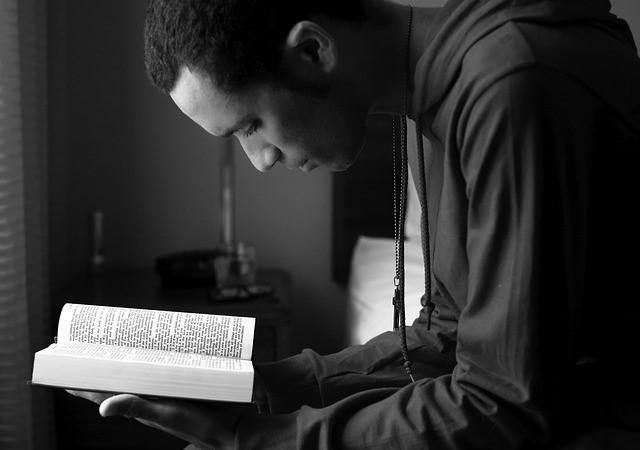When you think of the term resilient, what comes to mind? Resilience is defined by Merriam-Webster as “an ability to recover from or adjust easily to misfortune or change.”
How well do you bounce back from adversity or life-changes? There isn’t one simple way to build resiliency skills. Fortunately, there are hundreds of ways. The resilience-building strategies that work for you will depend on your personality, your needs and the issues that are causing distress in your life at any given time.
Ideas for building your resilience.
R: Revitalize.
Maybe part of your struggle comes from not tending to your physical and mental needs. When our lives become unbalanced, often one of the first things to go is adequate self-care. What parts of yourself need revitalizing?
Perhaps you are blocking off emotional expression in order to focus on career objectives or have been too caught up in meeting the needs of others. Maybe your health has taken a backseat because you have been too caught up in your daily tasks. Make yourself-revitalization a priority in healing.
E: Emerge.
Often difficult times cause us to retreat from others. Though it may feel like the safest option emotionally, withdrawing from the world is not the answer and only perpetuates the misery of a difficult circumstance.
Perhaps you do need to take time to yourself, think the situation over and organize your thoughts. But, don’t stay stuck in isolation. Emerge from your alone time and reach out. Get support from others. Talk about your needs and feelings.
S: Standards.
Difficult times can make us question so many things about the direction of our lives and the meaning behind the situations that happen to us. It is at times like this when we need to reassess what we stand for and what we represent.
What are your standards? Reconnect with your internal values. Check in with your internal compass. What do you stand for? What is important to you? Are you living your values?
I: Intention.
We get so caught up in what we “have to do” on a day to day basis, often we forget that we can (and should) live our lives with intention. Living with intention takes us away from living in a reactionary mode.
It allows us to decide what we want and need and helps us form a direction for how to get there on purpose. It is a step above goal-setting, as it expresses a plan to ‘do’. What are your intentions? How can you dedicate your time to living with intention?
L: Liberation.
Have you become a prisoner to your own preconceived notions about what you can do? It can happen so easily, particularly when we have been committed to a particular outcome for a long time.
Having intentions and aspirations does not mean you are tethered to one particular path. Give yourself permission to explore your passions in life, even if it seems to point away from the path you have been on for some time.
We aren’t meant to stay in one frame of mind forever, nor are we expected to remain stuck in situations that no longer serve us. We evolve, and so should our expectations of ourselves. Liberate your evolution!
I: Integration.
Compartmentalizing is often a coping strategy when we are trying to be too many things to too many people. Integrate yourself. Listen to the internal voice that is saying “no” to others when you need to. Pay attention to the varying parts of yourself so that you don’t become overwhelmed.
You are not a one-dimensional being. If you treat yourself as such, it will only reinforce the need to block off parts of yourself to accommodate others. Give yourself a full integration. Be present with all parts of yourself and honor all of the needs of your mind, body and spirit.
E: Energize.
If you are feeling run down, create time in your day to exercise, eat well, and spend energy on self-care. Get back in touch with your sense of play. Perhaps you have been taking life too seriously and need to get back in touch with your sense of wonder. What inspires you? What gives you energy?
N: Nurture.
Treat yourself as well as you would treat a loved one who was feeling run down and defeated. Nurture yourself and give yourself the time to heal. At the end of your life, you will never regret self-care. What does a nurtured-self look like for you? Does it mean better sleep? Engaging in activities you enjoy?
T: Tolerance.
Many people struggle with a lack of self-tolerance for errors. Being unable to tolerate one’s own shortcomings and failures sets us up for disappointment. Work on building tolerance for your errors and forgiving those inevitable areas of weakness. One of the most important parts of building resilience is self-forgiveness.
If we cannot forgive our own weaknesses and errors, we become rigid in our thoughts and less able to have faith in ourselves for our future endeavors. Tolerance of our own errors and missteps also establishes a greater sense of empathy for others’ needs and weaknesses.
When we treat ourselves with dignity and respect, and honor the needs within ourselves, resilience becomes a natural response to adversity. There are many ways to establish greater resilience when we pay attention to our internal messages.
Step back and observe yourself and your situation as if you were someone else.
What would you advise a person in your situation to help garner strength and perseverance? Sometimes it can be difficult to identify options when we are too close to a situation.
Talk to a trusted friend or therapist about how to build resilience to the challenges in your life.
It is never too late to build resilience. Trust in your ability to heal and move into a better frame of mind. The first step is often the most difficult, but the long-term benefits of building resilience to adversity are well worth the hard work.


